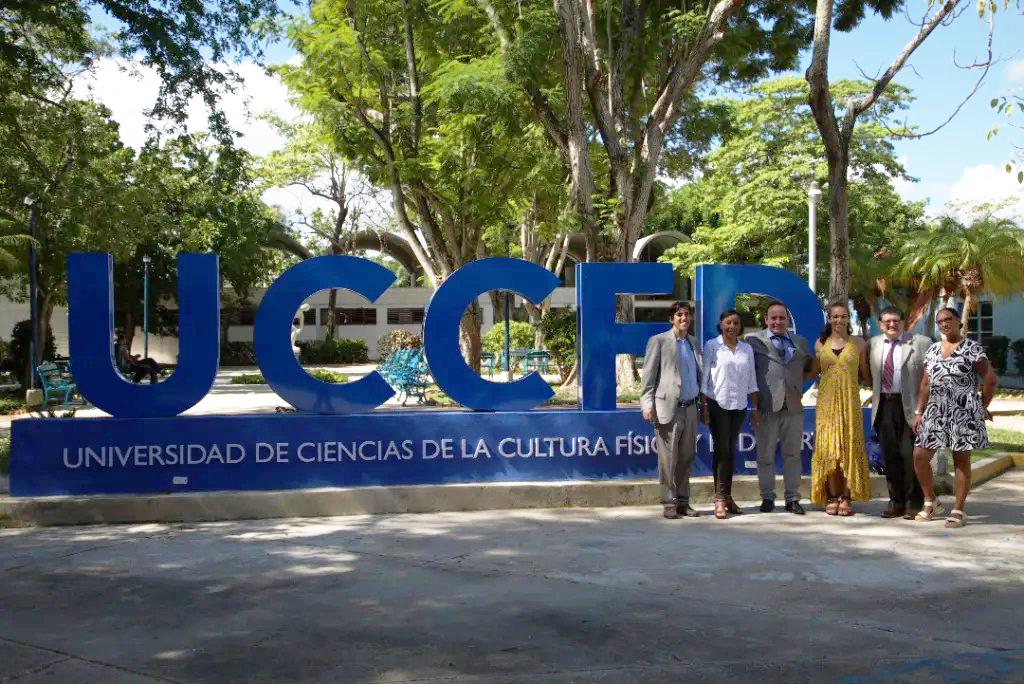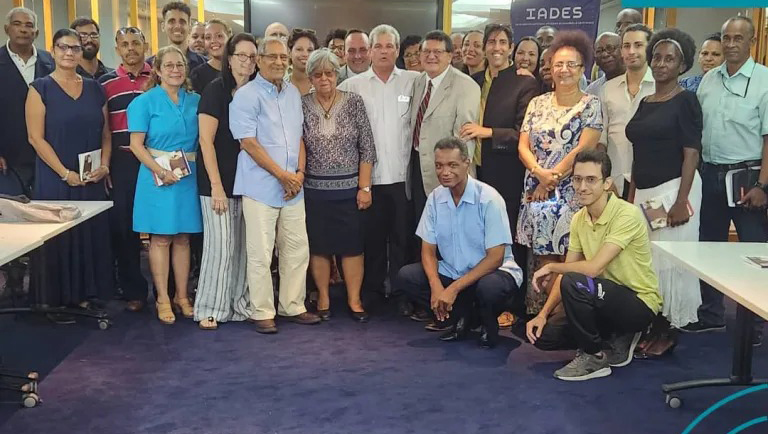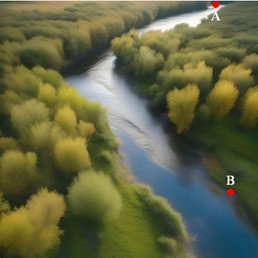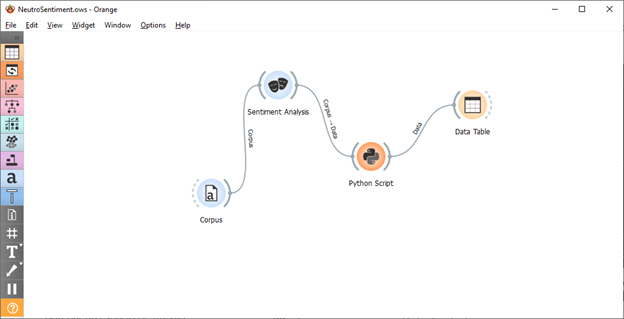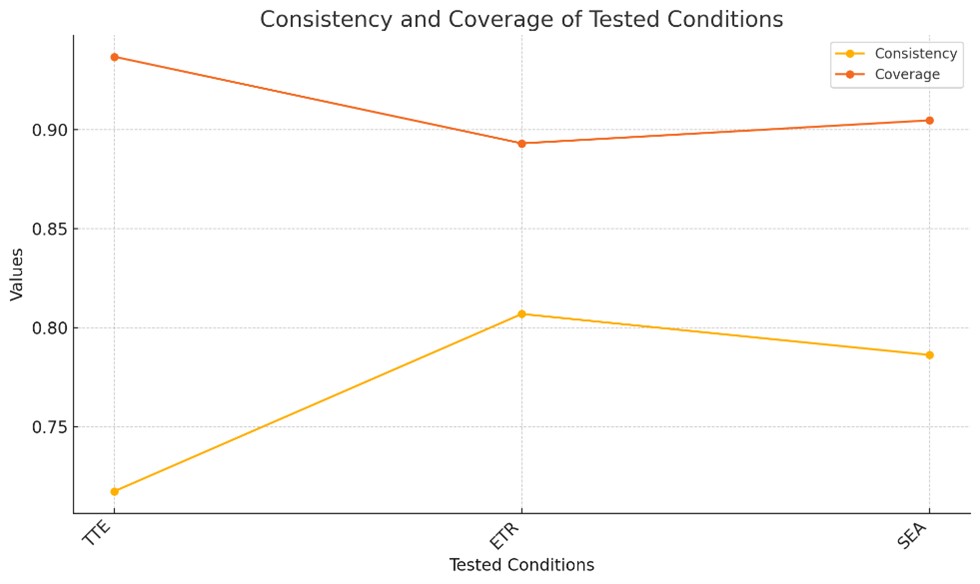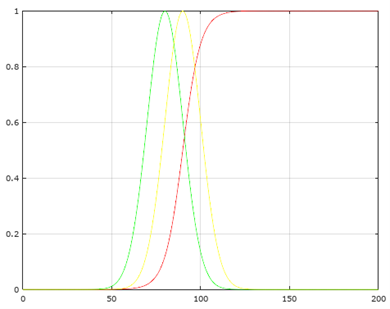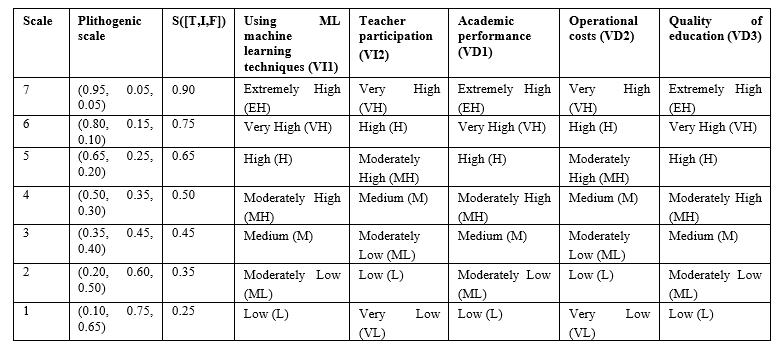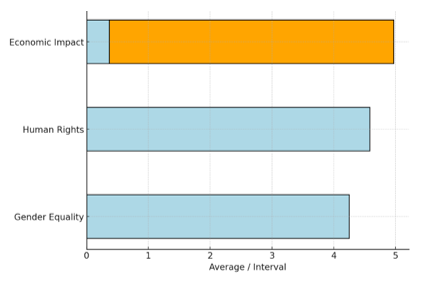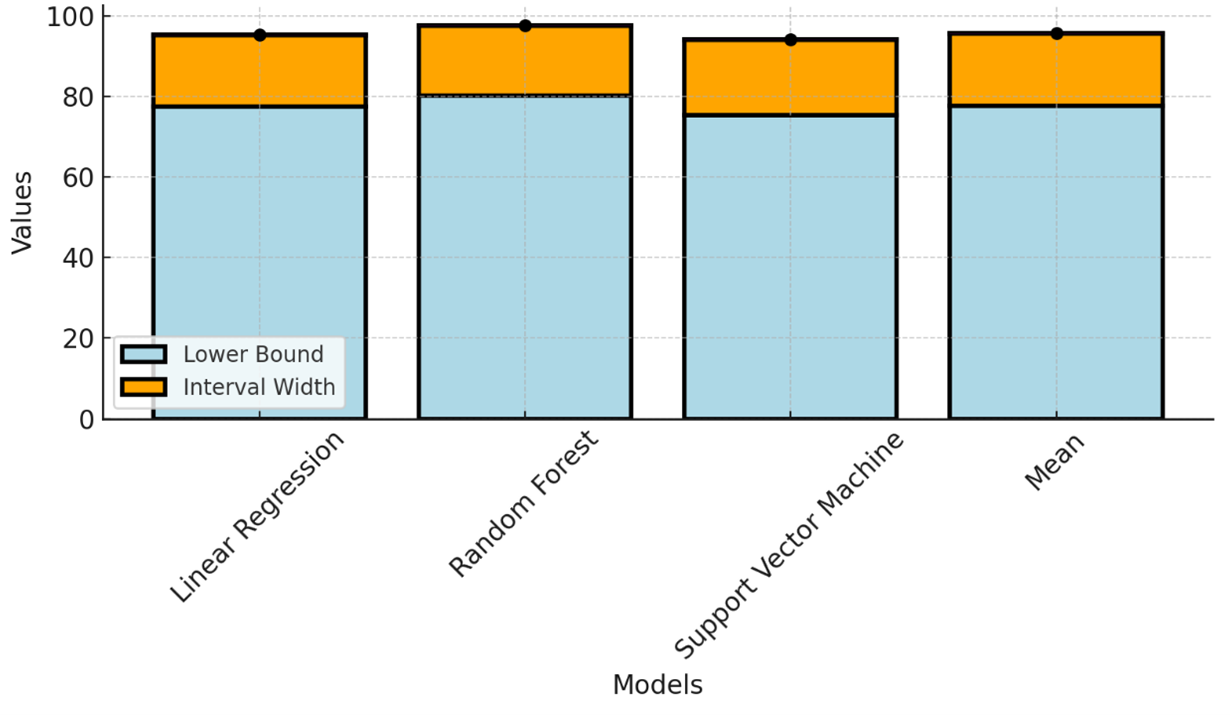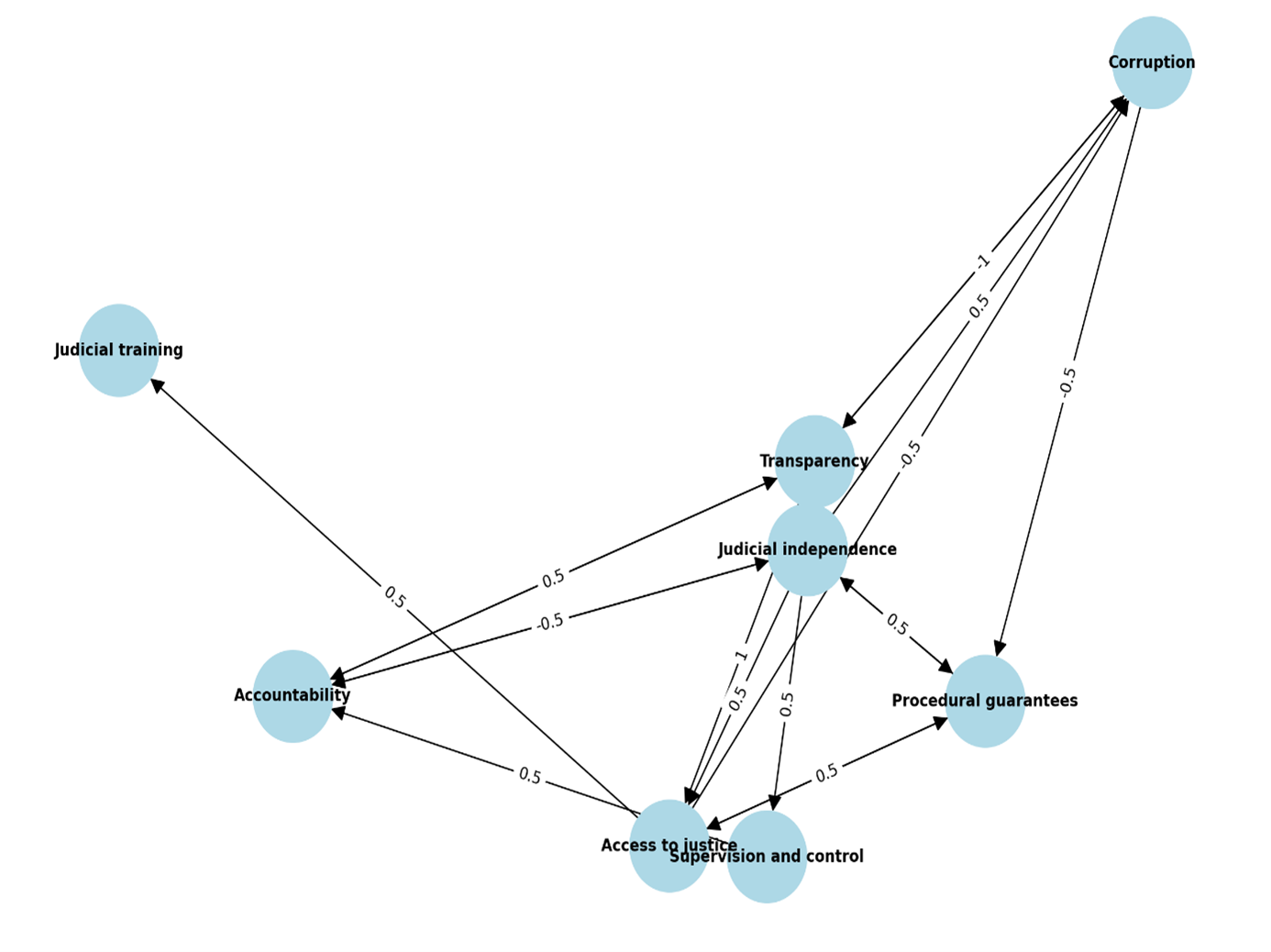Vol. 71 (2024): Neutrosophic Sets and Systems {Proceedings of the International Conference called NeutroGeometry, NeutroAlgebra, and Their Applications, Universidad de Habana, Cuban Academy of Sciences et al., Havana, Cuba, 12-14 August 2024}
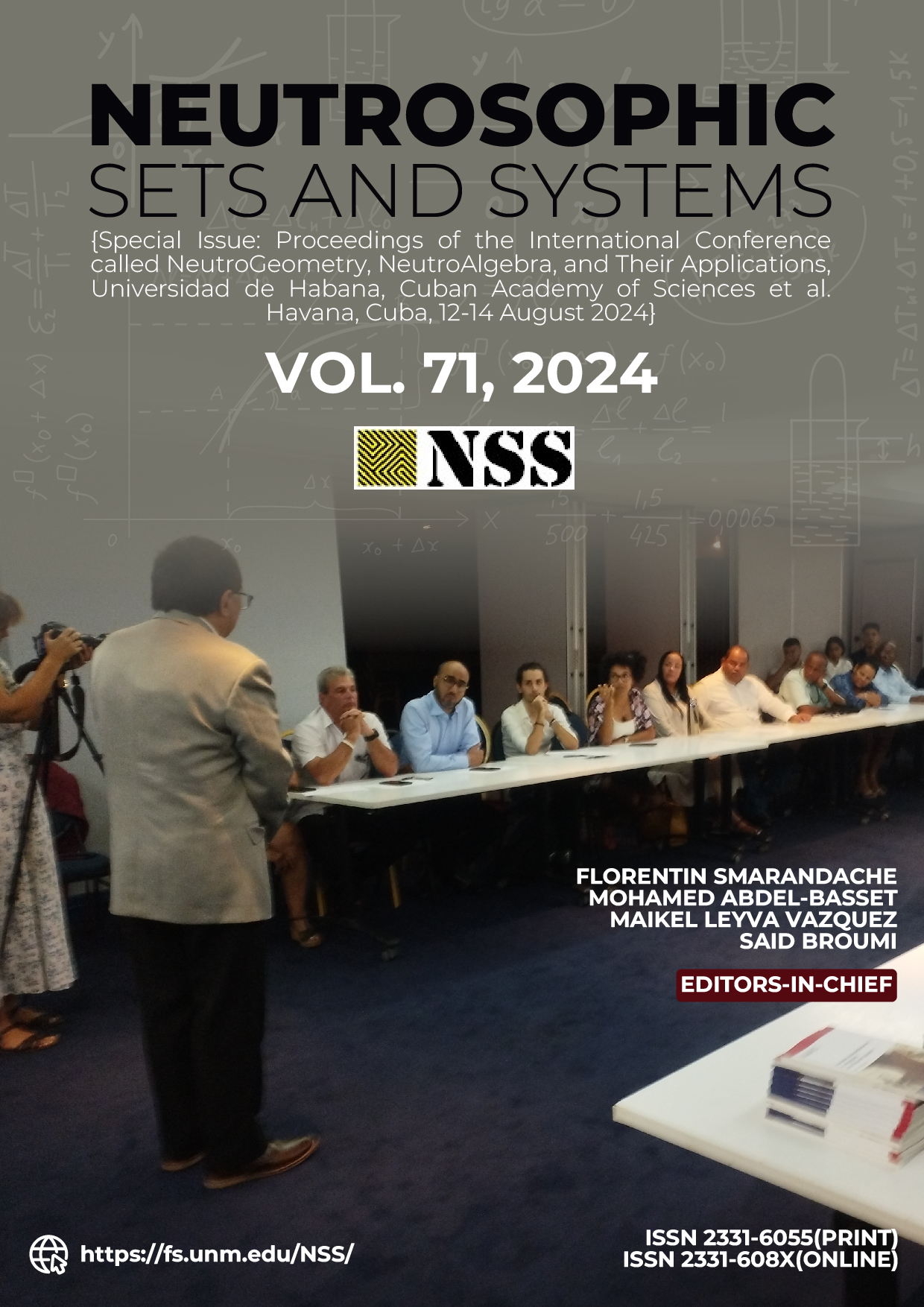
Preface: Proceedings of the International Conference NeutroAlgebra and NeutroGeometry with their Applications, Universidad de Habana, Cuban Academy of Sciences et al., 12-14 August 2024, Cuba
It is an honor to present this special issue of our journal, dedicated to the Conference on NeutroGeometry, NeutroAlgebra, and Their Applications, organized by the Latin American Association of Neutrosophic Sciences. This event, which took place on August 12-14, 2024, in Havana, Cuba, was made possible by the valuable collaboration of the University of Havana, the University of Physical Culture and Sports Sciences "Manuel Fajardo," the José Antonio Echeverría University of Technology, University of Informatics Sciences and the Cuban Academy of Sciences among other institutions.
In 2019 Smarandache generalized the classical Algebraic Structures to NeutroAlgebraic Structures (or NeutroAlgebras) {whose operations and axioms are partially true, partially indeterminate, and partially false} as extensions of Partial Algebra, and to AntiAlgebraic Structures (or AntiAlgebras) {whose operations and axioms are totally false} and on 2020 he continued to develop them ( https://fs.unm.edu/NA/ ).
The NeutroAlgebras & AntiAlgebras are a new field of research, which is inspired from our real world. In classical algebraic structures, all operations are 100% well-defined, and all axioms are 100% true, but in real life, in many cases these restrictions are too harsh, since in our world we have things that only partially verify some operations or some laws.
Similarly, a classical Geometry structure has all axioms totally (100%) true. A NeutroGeometry structure has some axioms that are only partially true, and no axiom is totally (100%) false. Whereas an AntiGeometry structure has at least one axiom that is totally (100%) false ( https://fs.unm.edu/NG/ ).
And in general, in any field of knowledge one has: Structure, NeutroStructure, and AntiStructure ( https://fs.unm.edu/NA/NeutroStructure.pdf ), which were inspired from our real world where the laws (axioms) do not equally apply to all people and in the same degree.
This special issue aims to highlight the most recent advances and applications in the fields of NeutroGeometry and NeutroAlgebra, two areas that are at the forefront of contemporary mathematical and scientific thought. During the conference, the mathematical foundations and practical applications of these disciplines were explored, as well as their relevance in the MultiAlism system and other interdisciplinary areas. The following topics, among others, were covered during the conference:
- Mathematical foundations of NeutroGeometry.
- Mathematical foundations of NeutroAlgebra.
- Applications of NeutroGeometry.
- Applications of NeutroAlgebra.
- Interdisciplinary applications.
- Neutrosophic sets and their generalizations.
- MultiAlism System of Thought.
- Neutrosophic Set-Theoretic Methods of Research.
- NeutroStructure and AntiStructure.
The content of this special issue has been carefully selected to reflect the diversity and depth of the topics discussed at the conference. This event and the subsequent publication of these works underline the growing importance of neutrosophic theories in the current scientific landscape. We are confident that the ideas and discoveries shared in these pages will be of great value to researchers, academics, and professionals interested in these innovative areas of knowledge.
We would like to express our gratitude to all the participants of the conference, as well as to the authors who have contributed their research to this special issue. We hope that readers will find in these pages not only valuable knowledge but also inspiration for future research and applications in the field of neutrosophic sciences.
. Conference Organizers:
- Prof. Dr. Florentin Smarandache, PhD, Postdoc, Mathematics Department, University of New Mexico, Gallup, NM 87301, USA
- Maikel Leyva Vazquez, PhD Universidad de Guayaquil, Guayas, Ecuador
- Pedro Piñero Pérez, PhD, IADES, Cuba
- Jesús Estupiñán Ricardo,PhD, Instituto Superior Tecnológico de Investigación Científica e Innovación, Ecuador
- Iliana Pérez Pupo, PhD, IADES, Cuba
- Erick González Caballero, PhD, José Antonio Echeverría University of Technology
- Omar Mar Cornelio, PhD, University of Informatics Sciences, Cuba
- Salah Hasan Saleh, Qatar Embassy Havana, Cuba
- Bárbara Bron Fonseca, PhD, University of Informatics Sciences, Cuba
- Darvin Manuel Ramírez Guerra PhD, Universidad César Vallejo, Lima, Perú
- PhD, Maura de la Caridad Salabarría Roig, PhD, Center for Studies on Educational Quality and Scientific Research, Toluca, Mexico
- José Sergio Puig Espinosa PhD, Center for Studies on Educational Quality and Scientific Research, Toluca, Mexico
- Oscar José Alejo Machado, PhD, Instituto Superior Tecnológico de Investigación Científica e Innovación, Ecuador
- Karina Pérez-Teruel, PhD, Barna Management School, Santo Domingo, Dominican Republic
- Ricardo Sánchez Casanova, PhD, University of Havana, Cuba
- Ariel Romero Fernández, PhD, Universidad Regional Autónoma de los Andes, Ecuador
- Ángel Martínez Vásquez, MSc, Center for Training and Knowledge Management. Ecuador.
- Jean Pierre Ramos-Carpio, MSc, Center for Studies on Educational Quality and Scientific Research, Toluca, Mexico.
